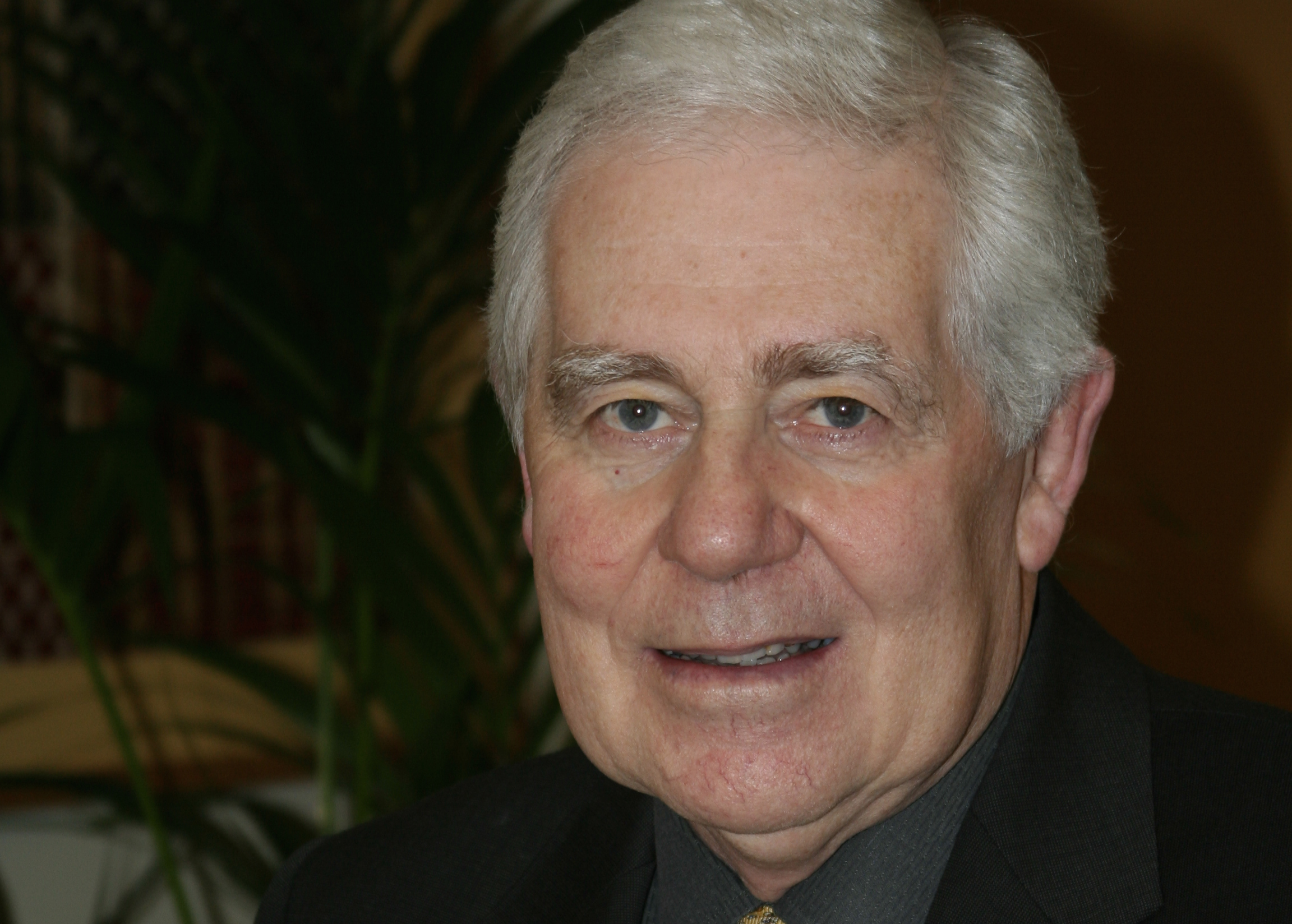After 16 years at AUT and a career spent working in the ‘human laboratory’ Professor Ian Shirley is moving into a new role as an Emeritus Professor of the University.
In contrast to the traditional laboratories of the physical sciences he describes his ‘laboratory’ as those populations and groups that are at the centre of “community life from geographic localities such as Tamaki through to global development and the cities of the Asian & Pacific region”.
These are the human laboratories in which he has lived and worked for more than four decades from “engagement with development agents in the Third World through to the major urban centres of the most dynamic and economically powerful region in the world today – the Asian & Pacific region”.
His work in the area of economic and social development has spanned diverse countries and almost every continent and while he is recognised as an international expert in development, it is the term ‘practitioner’ of which Professor Shirley is most proud.
“It’s been a privilege to work with so many diverse communities as they engage with the political, economic and social conflicts of everyday life – they live in the real world as opposed to the artificial world of laboratories, constructed experiments and captive populations”. He describes working with these communities to effect change in those policies that are unjust or limit the potential of human populations – “that has always inspired me.”
This work includes consulting to the International Development Institute (Paris), a development centre specialising in the education of economic development practitioners in Africa, South America, and the Asian and the Pacific Region; visiting scholarships at the Universities of Paris and Edinburgh, the Academy of Science in Budapest, and the London School of Economics; providing policy advice to numerous New Zealand governments; and working with UNESCO (the United Nations Educational, Scientific and Cultural Organisation) and CELAP (China Executive Leadership Academy), the elite centre stablished by the Government of China for the training of Chinese leaders.
During his time at AUT Ian has been integral to the growth of a research culture, setting up the Institute of Public Policy, serving as our Pro Vice-Chancellor for Research for six years and more recently establishing The Briefing Papers and The Policy Observatory.
In doing this, he has always been clear about the responsibilities of academics to act as critic and conscience of society.
“As Professors we have a mandate to ‘profess’ but we should always do this from an evidence base and be clear that our focus is on critiquing ideas, policies and decisions – not individuals or groups.”
Having the opportunity to help AUT build itself as a university has been a challenge Ian has relished.
One of the highlights of his time has been the emergence of one of New Zealand’s largest and growing groups of young researchers.
“I’ve always tried to help create an environment that supports research and builds interdisciplinary teams and sometimes that means pushing people out of narrow or specialised thinking into broader frameworks.”
One concern he has worked to highlight is the way in which the human and social sciences have tried to emulate the empirical elements of the physical sciences.
“This can lead to a reductionist approach and in this respect we have to be careful that we don’t end up knowing more and more about less and less.”
“The work I’ve tried to do takes a much broader view and recognises the knowledge base and understanding of groups of people as they engage with their economic and social lives and the, challenges and opportunities of living in the 21st century.”
Ian notes there is always room for optimism, particularly when considering the abilities and potential of people to make a difference in their own spheres of influence.
For AUT he believes this translates into our ongoing focus of putting students at the centre of education.
“Student-centred education means understanding the context in which we conduct research and deliver education and ultimately that means recognising the quality and contribution of our staff – both academic and support staff.
“AUT’s approach (as a University for the changing world) is about being open and engaged with the communities we serve – it’s not just about the application of research – in my terminology it’s about making a difference.”
Ian Shirley podcasts
Highlights of my time at AUT
How AUT can go from strength to strength
Working in the Human Laboratory
